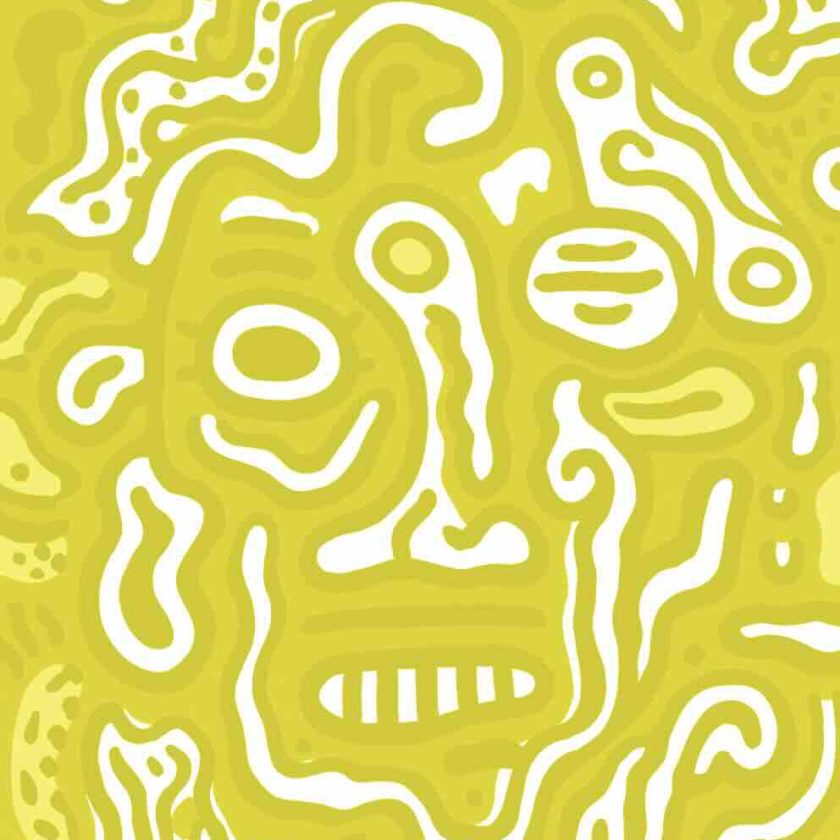Antipathy analyzes better, but sympathy alone understands. André Siegfried
André Siegfried, born in Le Havre on 21 April 1875 and died in Paris on 28 March 1959, was a French sociologist, historian and geographer, a pioneer of electoral sociology.
Antipathy is mainly driven by our intellect, it is cold and divisive. Its aim is not to understand but to separate. In this sense, the intellect is excellent at sorting, analysing, classifying and prioritising. This cold thought is opposed to that of the heart. Sympathy consists in thinking the world not with our mind but with our soul. When it is sympathy that speaks, we may analyse less well what surrounds us, but we manage to understand, to bring together what the intellect sees as being different. Sympathy is hot thinking, thinking that understands the essence of things and ignores differences. We are born with a propensity to understand the world through our hearts. Education develops great analytical skills in us, which ultimately erects barriers between us and others, between us and nature and even between us and ourselves. This Cartesian approach is the basis of modern Western civilisation, of which medicine is a good illustration. We no longer treat individuals, we treat illnesses. We treat symptoms rather than people.
Perhaps the century we have begun will leave more room for more “sympathetic” disciplines, i.e. those with a holistic approach that allows us to understand life and its meaning in its entirety. Those that allow us to immerse ourselves in and better discover the world around us and to become one with it. Yoga is an example of a discipline in this sense, but there are many others.









